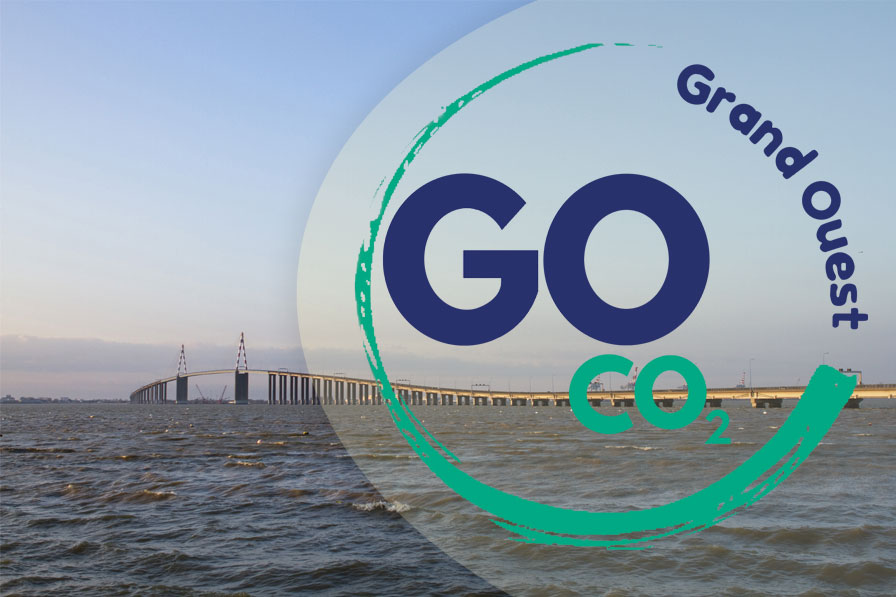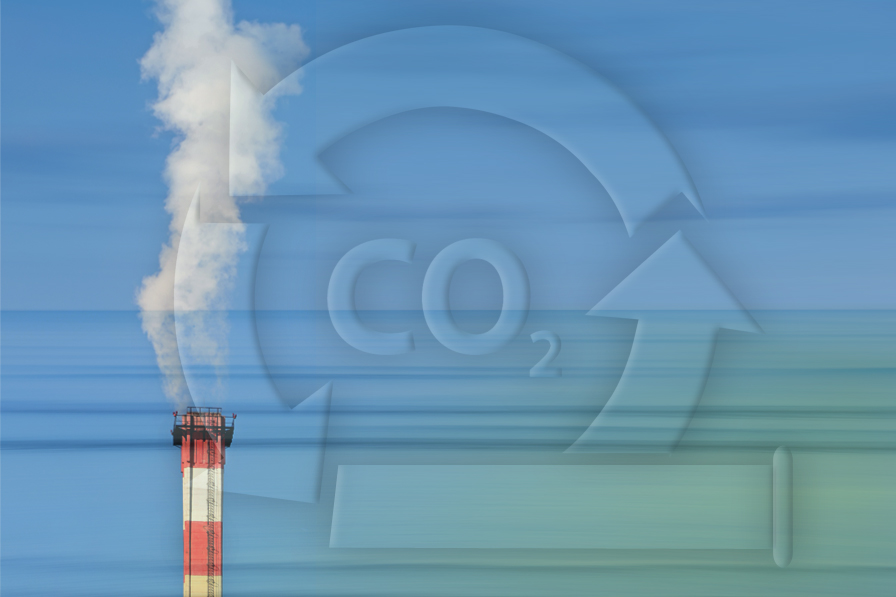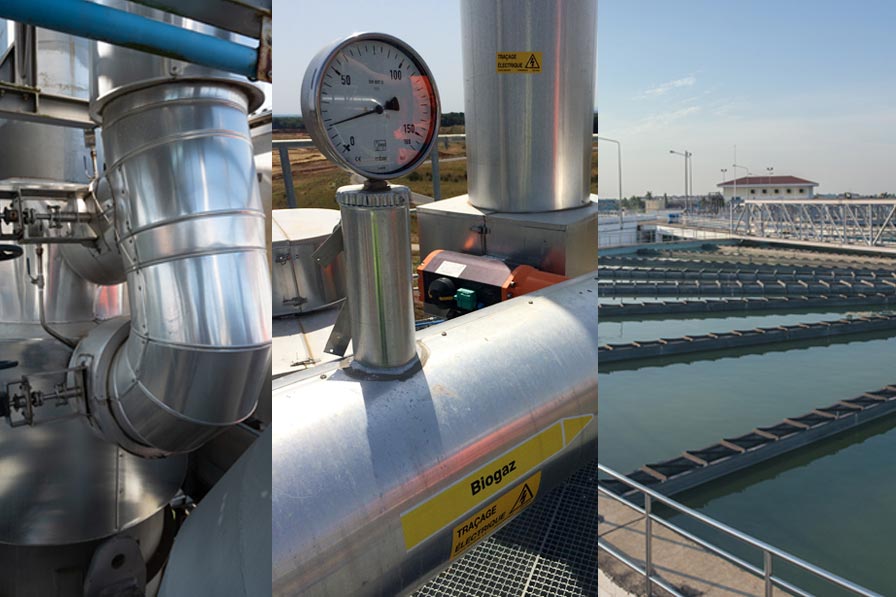Decarbonising industry

GRTgaz, France’s leading gas distributor, is committed to helping the country achieve net zero by developing the use of biomethane and low-carbon and renewable hydrogen, and by using or storing residual and biogenic CO2 emissions. As a partner in the GOCO2 project, GRTgaz is issuing a call for manifestations of interest in a bid to ascertain whether there are any economic benefits in putting in place CO2 transport infrastructure in the form of a pipeline system in France's Greater Western region.
The GoCO2 project was launched in July 2023 and is designed to develop an investment programme for capturing residual CO2 from industrial sites, then transporting it via pipeline to dedicated sites that use CO2 or via the Saint-Nazaire maritime export terminal so it can be distributed to permanent geological storage zones. The project will have an estimated capacity of between 2.6 million and 4 million tonnes annually by 2030.
On Monday 11 March, GRTgaz launched a call for manifestations of interest across the Greater Western region so as to investigate the development, construction and operation of special infrastructure for transporting CO2, for use by all market stakeholders.
This call for manifestations of interest will run until 11 April 2024 for all stakeholders concerned by this value chain: industrial players involved in CO2 capture, stakeholders spearheading projects for developing CO2 recovery plants, CO2 storage operators and operators of terminals exporting CO2 to overseas geological storage facilities. They are all invited to take part by expressing their interest via a dedicated questionnaire.
The process will be structured into two phases:
- an initial non-binding phase (this call for expressions of interest) to confirm requirements and enable the infrastructure that needs to be built to be studied;
- a second binding phase to contractually determine the use of the infrastructure with all of the interested stakeholders and decide on the corresponding investments.

Once needs have been collected at the end of this initial phase, GRTgaz will undertake a feasibility study if there is enough interest to warrant sizing the infrastructure and undertaking an initial assessment of its costs. A design agreement will be signed. This will ensure that any information shared is kept confidential and will specify the reciprocal contractual and financial commitments of the parties for the purposes of undertaking more in-depth infrastructure design studies.
A project integrated into the local ecosystem
Seamlessly integrated into the local ecosystem, GOCO2 is able to utilise some of the existing infrastructure across the Grand Port Maritime Nantes Saint-Nazaire (the Greater Nantes Saint-Nazaire Maritime Port).
Eventually, it will be used to transport residual CO2 emissions from other manufacturers across the Greater Western region, as well as biogenic CO2 from purifying biomethane (among other things). It will also be an asset for attracting new industrial sites to the region, providing access to decarbonisation infrastructure.
The GOCO2 project in a nutshell
Launched in July 2023 by GRTgaz, Elengy, Heidelberg Materials, Lafarge, Lhoist and TotalEnergies, supported by the Pays de la Loire region and the Greater Nantes Saint-Nazaire Maritime Port, GOCO2 is now the largest decarbonisation project in western France in terms of the volume of CO2 captured and transported. Primarily located in the Pays de la Loire and Nouvelle-Aquitaine regions, it will eventually be able to transport and export up to 4 million tonnes of residual CO2 per year by 2050 – equivalent to more than 75% of the Greater Western region's total industrial emissions. This project is in line with the France 2030 carbon capture, utilisation and sequestration strategy (France 2030), as well as with the ADEME's call for low-carbon industrial zone projects.
About transporting CO2 and decarbonising industry
Manufacturers have several ways to decarbonise their processes: improve their energy efficiency, opt for low-carbon energy or upgrade their production processes.
Capturing industrial CO2, and then transporting, using and storing it in appropriate geological formations is an additional solution that is essential if sectors continuing to emit residual CO2 emissions – such as primary steel production and cement manufacture – are to achieve net zero.
GRTgaz is working on this value chain, developing, building and operating a CO2 transmission network for connecting up industrial capture sites to storage sites and to future sites that will use CO2 – ones that will convert CO2 into fuel, synthetic methane and materials, for example.

